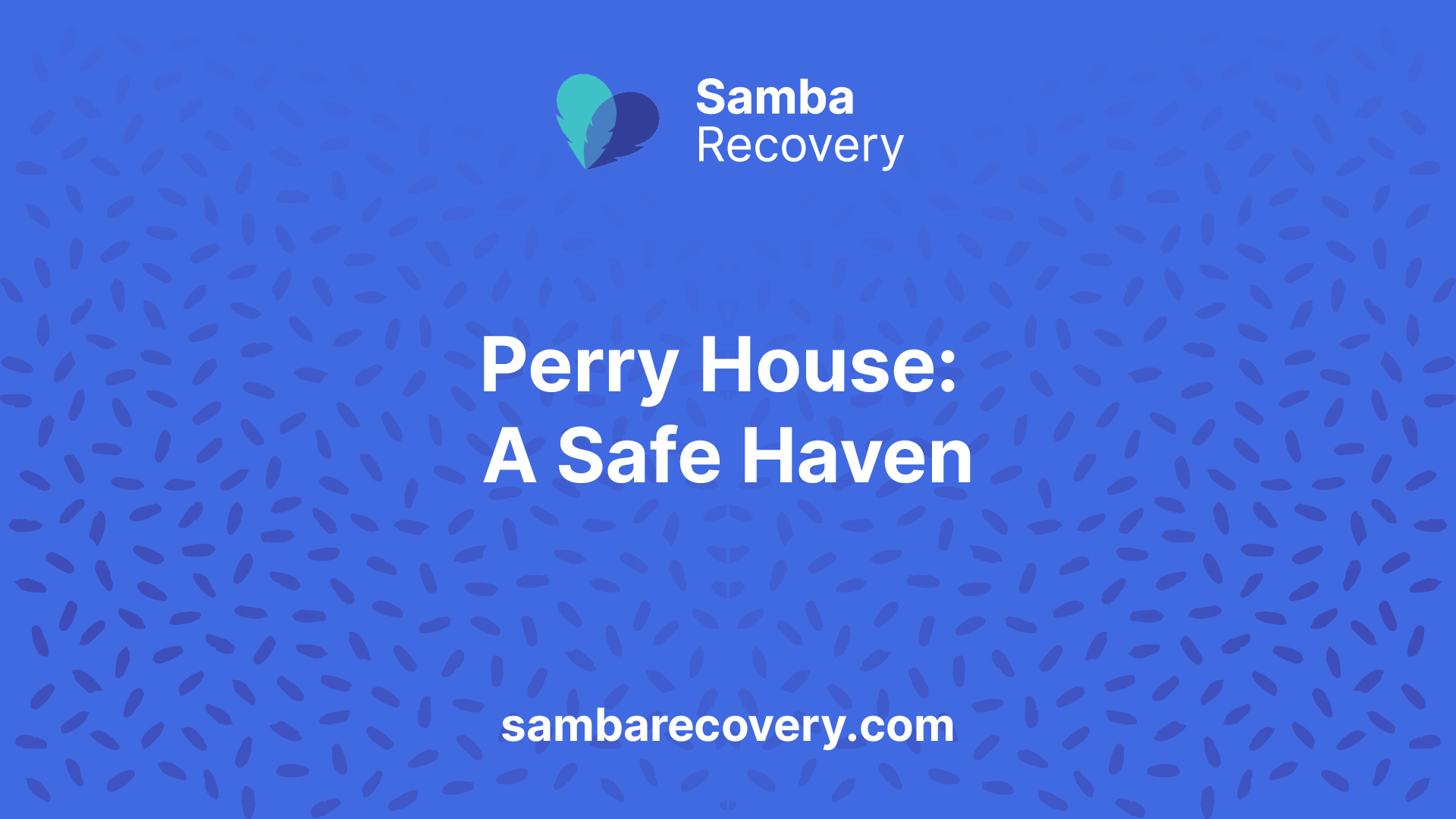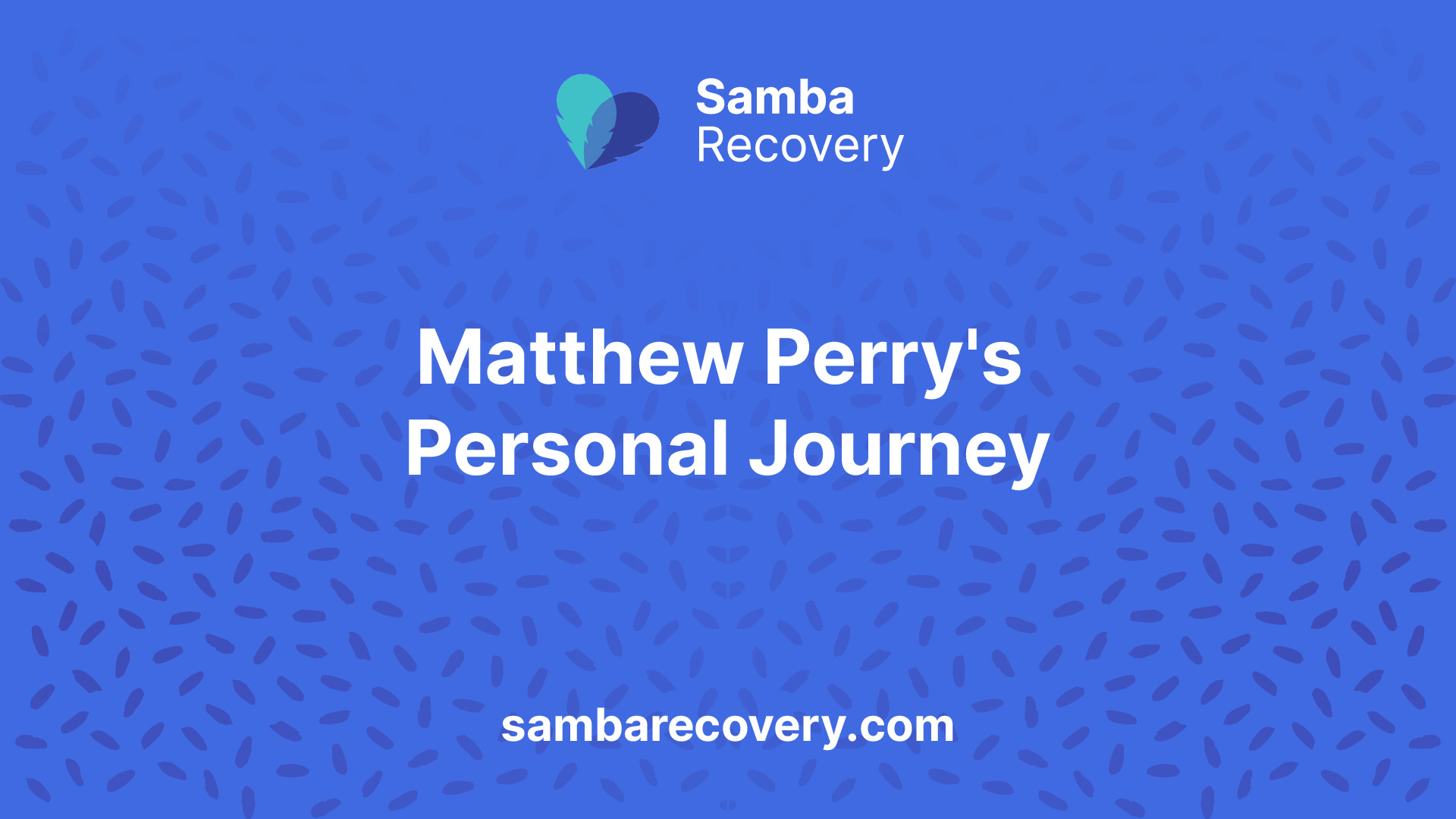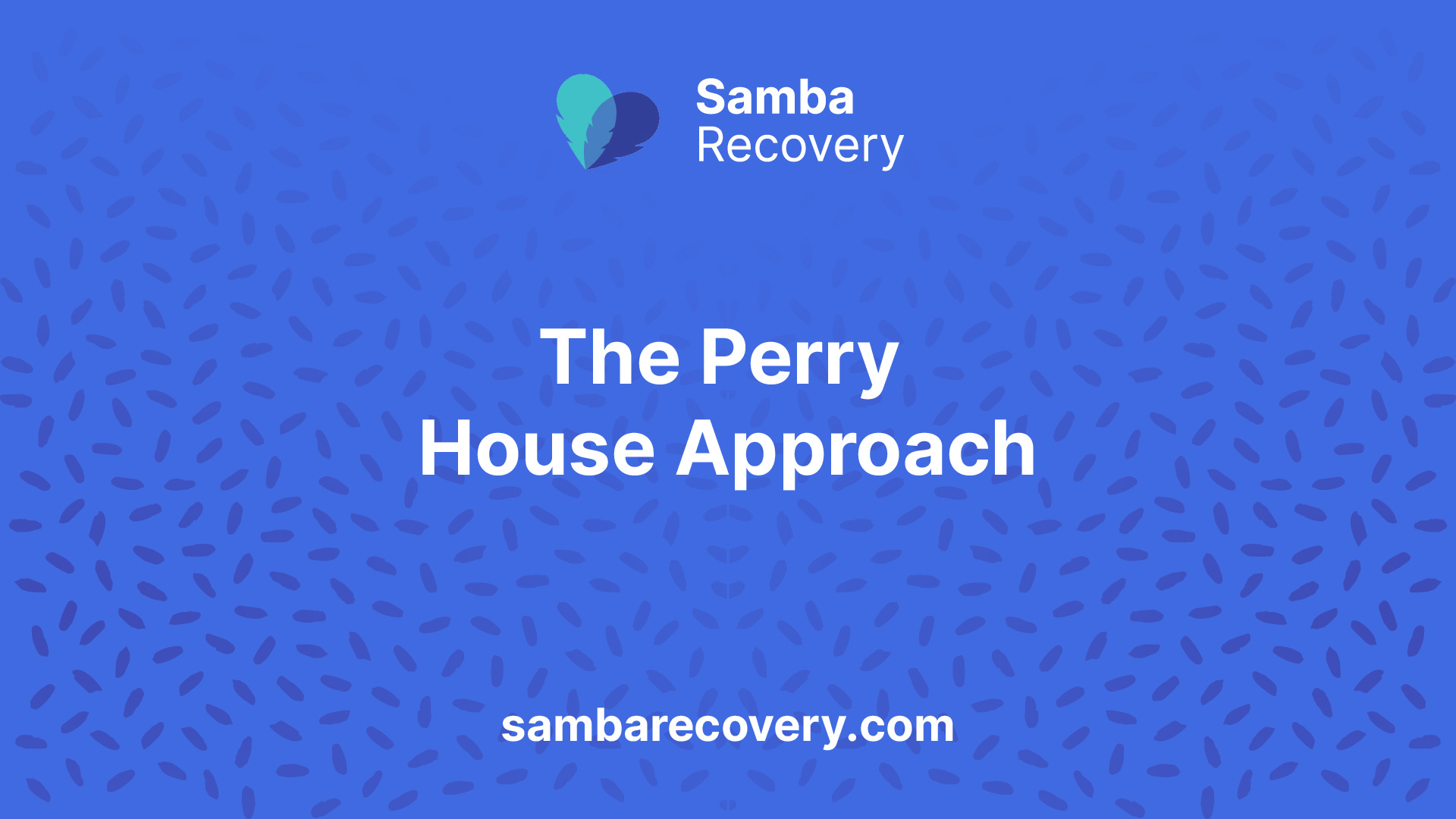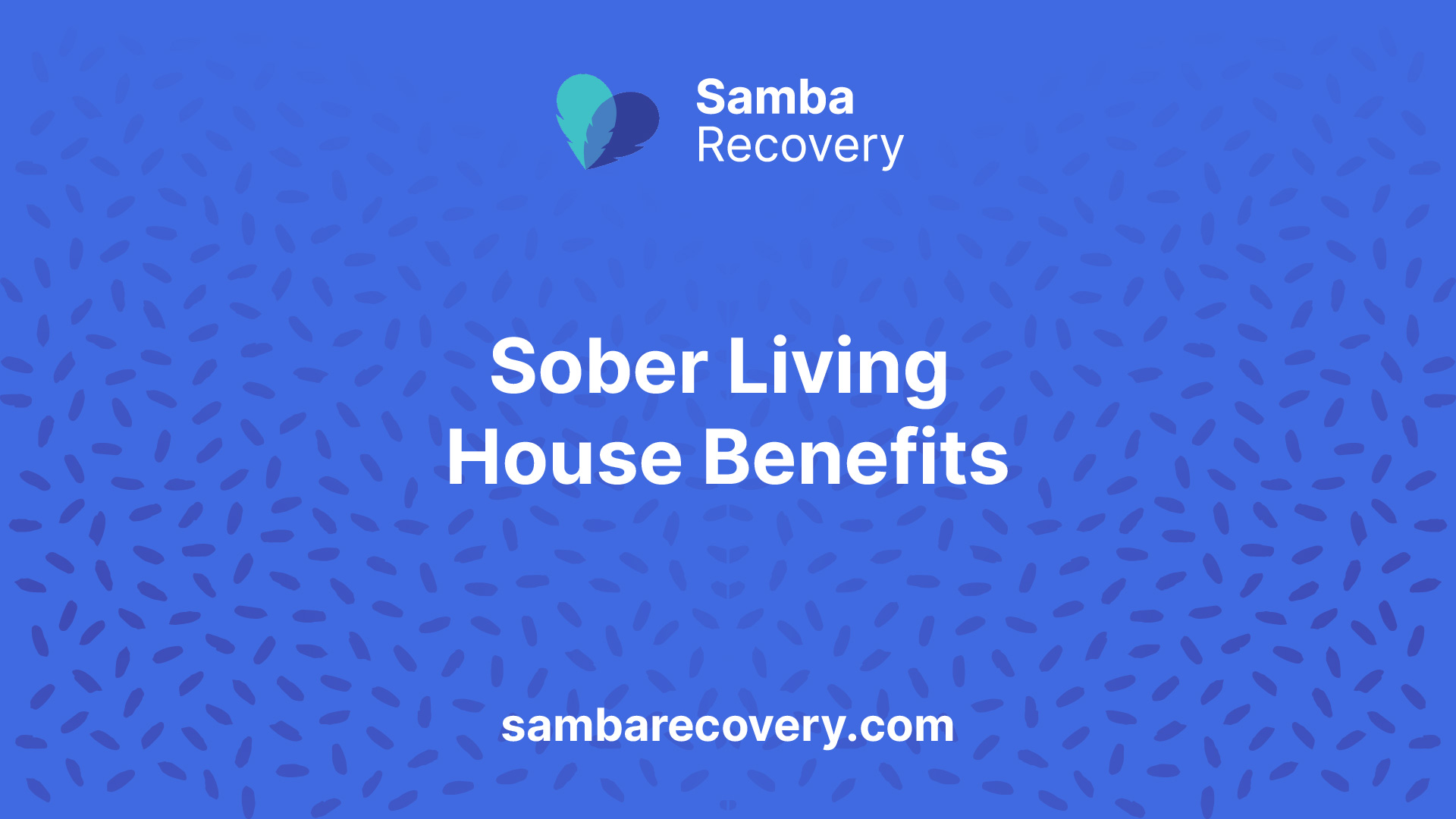Matthew Perry’s Sober Living Initiative
Matthew Perry’s dedication to supporting individuals on their journey to recovery led him to convert his Malibu home into a sober living center for men. Known as the Perry House, this initiative provides a safe haven for individuals overcoming addiction and mental health challenges, offering a supportive environment to facilitate their recovery process.

Perry House: A Safe Haven
The Perry House, established by Matthew Perry in 2013, serves as a sanctuary for men seeking to break free from the cycle of addiction. Perry’s decision to transform his 5,500-square-foot residence into a sober-living facility showcases his unwavering commitment to assisting others in their recovery journey [2]. By creating a nurturing and inclusive space, the Perry House offers residents the opportunity to rebuild their lives and regain control over their well-being.
Commitment to Recovery
Matthew Perry’s personal struggles with addiction have fueled his passion for advocating for recovery and mental health awareness. Despite selling his previous home in 2015, Perry’s dedication to supporting individuals in need remained steadfast, leading him to open the doors of the Perry House to those in search of a fresh start. Through his actions, Perry exemplifies a profound commitment to promoting sobriety and providing a lifeline for individuals grappling with substance abuse.
The Perry House stands as a testament to Matthew Perry’s vision of creating a supportive and transformative environment for men navigating the challenges of addiction. By leveraging his personal experiences and resources, Perry has established a beacon of hope and healing for those on the path to recovery. The Perry House not only offers a physical space but also extends a sense of community, understanding, and encouragement to individuals striving to embrace a sober and fulfilling life.

Matthew Perry’s Personal Journey
Matthew Perry, the former “Friends” actor, has had a tumultuous journey with addiction, marked by struggles and triumphs. His path to sobriety has been a personal battle, one that has shaped not only his own life but also inspired others in their recovery efforts.
Struggles with Addiction
Matthew Perry’s battle with addiction began with encounters with alcoholism and prescription drug addiction. In both 1997 and 2001, Perry sought treatment for his struggles, highlighting the challenges he faced in maintaining sobriety [3]. These relapses and setbacks were part of his journey, underscoring the complexities of addiction and the difficulties of breaking free from its grip.
The Road to Sobriety
Despite the obstacles he encountered, Matthew Perry embarked on a transformative journey towards sobriety. His dedication to overcoming his addiction and reclaiming his life led him to establish the Perry House, a sober living residence for men in Malibu, California, in collaboration with addiction specialist Earl Hightower.
Through his own struggles and triumphs, Perry has become a beacon of hope for those battling addiction. His openness about his past challenges and his commitment to recovery serve as an inspiration to others on their own paths to wellness and sobriety. Perry’s personal journey serves as a testament to the resilience of the human spirit and the transformative power of seeking help and support in times of need.

For more resources and insights on maintaining sobriety and navigating the challenges of addiction recovery, explore our articles on tips to stay sober on vacation and knowing the addiction definition does not guarantee sobriety. Stay connected to the journey of recovery with seek the sober life and five steps to getting clean and sober.
Recognition and Advocacy
Matthew Perry’s dedication to supporting addiction recovery and advocating for non-violent drug offenders has garnered him significant recognition within the addiction recovery community.
Champion of Recovery Award
In 2013, Matthew Perry, alongside Earl Hightower, was honored with the prestigious Champion of Recovery award by the White House Office of National Drug Control Policy for their remarkable efforts in opening the Perry House and their relentless advocacy on behalf of non-violent drug offenders. This award acknowledges Perry’s unwavering commitment to addiction recovery and his advocacy work to raise awareness about the challenges individuals face on the path to sobriety. In a light-hearted moment of acceptance, Perry humorously quipped, “We’re award-winning alcoholics” [3].
Advocacy Efforts
Matthew Perry’s advocacy efforts extend beyond the walls of the Perry House. Through his advocacy work, Perry aims to shed light on the complexities of addiction recovery and reduce the stigma associated with addiction. His commitment to supporting non-violent drug offenders and providing them with a platform for rehabilitation underscores his dedication to fostering a more compassionate and understanding approach to addiction recovery. The recognition received by Perry and Hightower from the White House underscores the impact of their advocacy efforts and the importance of their contributions to the addiction recovery community [4].
Matthew Perry’s recognition as a Champion of Recovery serves as a testament to his unwavering advocacy for addiction recovery, his support for individuals seeking sobriety, and his efforts to create a more inclusive and supportive environment for those on the journey to recovery. By championing the cause of addiction recovery and advocating for those in need, Perry continues to make a lasting impact on the lives of individuals struggling with addiction.

The Perry House Approach
Matthew Perry’s initiative to convert his Malibu home into a sober living center, known as the Perry House, is characterized by its unique approach to providing support and fostering a transitional living environment for men on their journey to recovery.
Supportive Services
The Perry House offers a range of supportive services designed to address the diverse needs of individuals overcoming addiction and mental health challenges. These services encompass both practical assistance and emotional support, creating a comprehensive framework for residents to rebuild their lives.
By integrating services such as counseling, group therapy sessions, life skills training, and 24/7 professional assistance, the Perry House ensures that residents have access to the necessary resources to navigate the complexities of their recovery journey. This holistic approach emphasizes the importance of addressing not only the physical aspects of addiction but also the psychological and emotional components that contribute to sustained sobriety.
Transitional Living Environment
Central to the Perry House approach is the provision of a transitional living environment that promotes stability, accountability, and personal growth. The residence offers a safe and structured setting where individuals can transition from intensive treatment programs to independent living, gradually reintegrating into society while receiving ongoing support.
The transitional living environment at the Perry House fosters a sense of community and camaraderie among residents, creating a supportive network of peers who understand and empathize with each other’s experiences. This sense of belonging and shared purpose plays a vital role in reinforcing positive behaviors, resilience, and long-term recovery success.
Through the combination of supportive services and a transitional living environment, the Perry House embodies Matthew Perry’s commitment to empowering individuals on their path to sobriety. By providing a nurturing and inclusive space for men to heal, learn, and grow, the Perry House stands as a testament to the transformative power of compassion, understanding, and community in the recovery process.
Challenges and Setbacks
Navigating the realm of sobriety and addiction recovery can be fraught with challenges, as evidenced by the operational struggles faced by Matthew Perry during the operation of the Perry House sober living center in Malibu. These challenges ultimately led to the closure of the facility in 2015, primarily due to high costs and business difficulties associated with running a rehab facility in such a prestigious area [4].
Operational Struggles
Operating a sober living center comes with its own set of complexities and demands. Matthew Perry encountered various operational struggles while managing the Perry House in Malibu. These challenges ranged from financial constraints to the intricacies of providing comprehensive support services for individuals on the path to recovery.
Maintaining the day-to-day operations of a sober living facility requires a dedicated team, financial resources, and a deep understanding of the needs of residents. Perry’s experience underscores the importance of robust operational structures and sustainable funding mechanisms to ensure the long-term viability of such critical support services.
Closure and Future Plans
Despite the closure of the Perry House in Malibu, Matthew Perry remains unwavering in his commitment to supporting individuals in their recovery journey. Following the closure, Perry has expressed intentions to establish alternative sober living locations in Santa Monica and Studio City, showcasing his resilience and determination to continue providing a safe and supportive environment for those seeking recovery [2].
The closure of the Perry House serves as a poignant reminder of the challenges that can arise in the realm of addiction recovery and sober living initiatives. However, Perry’s story also highlights the importance of perseverance and adaptability in the face of setbacks. By learning from past experiences and forging ahead with new plans, Perry exemplifies a steadfast commitment to making a positive impact on the lives of individuals grappling with addiction.
As Matthew Perry continues to navigate the complexities of addiction recovery and sober living initiatives, his journey serves as a beacon of hope and resilience for those seeking support and guidance on their own path to sobriety.

Sober Living House Benefits
Within the realm of sobriety, Sober Living Houses (SLHs) play a pivotal role in supporting individuals on their journey to recovery. These residences offer a supportive environment that fosters community support and long-term recovery success.
Community Support
One of the primary benefits of residing in a Sober Living House is the sense of community support it provides. According to studies by NCBI, SLHs have been shown to lead to long-term improvements in substance use, psychiatric symptoms, arrests, and employment for residents. The peer-oriented, mutual-help model of recovery in SLHs emphasizes social model recovery principles, where residents are encouraged to attend self-help groups like Alcoholics Anonymous or Narcotics Anonymous, share meals, socialize with peers, attend house meetings, and participate in the upkeep of the facility.
This community-centric approach creates a supportive environment where individuals attempting to maintain sobriety can lean on one another for encouragement, accountability, and understanding. By engaging in group activities and peer interactions, residents of SLHs build strong bonds that contribute to their overall well-being and recovery journey.
Long-Term Recovery Success
The supportive and structured environment of Sober Living Houses has been linked to long-term recovery success. Residents are encouraged to participate in the daily activities of the house, such as attending self-help meetings and contributing to the upkeep of the facility. While SLHs offer no formal counseling, they provide a safe and supportive setting where individuals can navigate the challenges of maintaining sobriety with the guidance of their peers.
Studies by NCBI highlight the evolution of SLHs in California, emphasizing the importance of social support, financial self-sufficiency, and resident involvement in decision-making and facility management. The social model recovery approach implemented in SLHs aims to create a positive sober environment that supports individuals at different stages of recovery, emphasizing peer support and community involvement.
The success of Sober Living Houses in promoting long-term recovery stems from their focus on social model recovery principles, community engagement, and peer support. By providing a supportive and structured living environment, SLHs empower individuals to navigate the challenges of sobriety and build a foundation for a healthier and more fulfilling life.
References
[2]:
[3]:
[4]:






